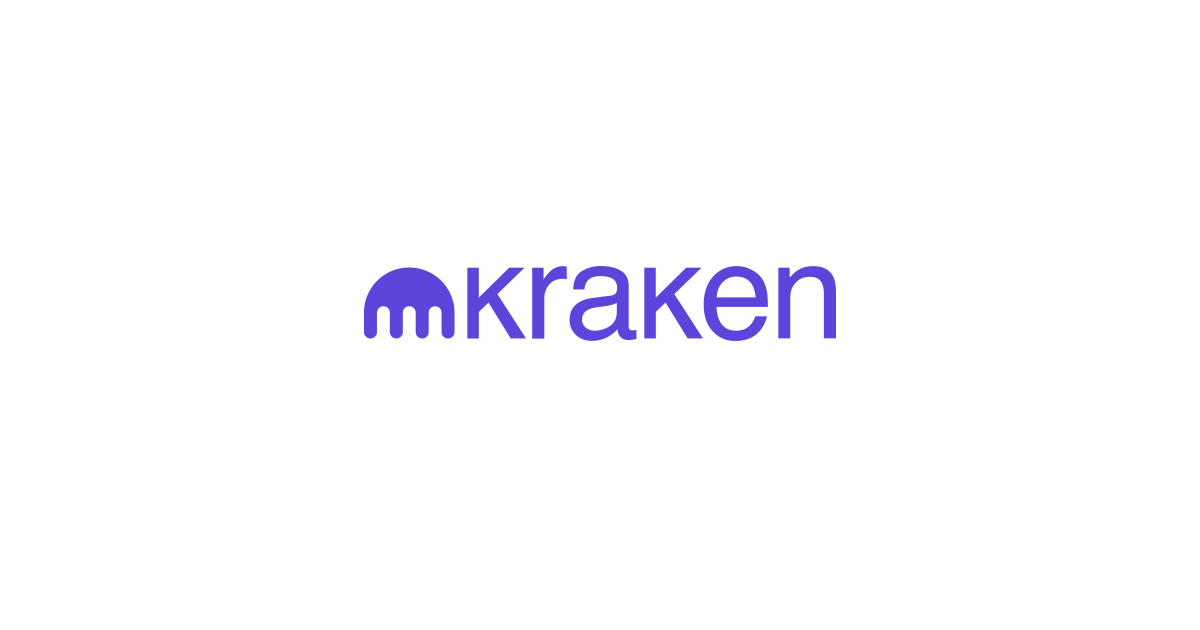In a recent development, a court has ordered Kraken, one of the leading cryptocurrency exchanges, to provide the Internal Revenue Service (IRS) with the history of transactions and account information. This court order has far-reaching implications for both Kraken and cryptocurrency holders. In this article, we delve into the details of the court order, its potential impact on the crypto industry, and provide insights on how cryptocurrency holders can navigate this situation effectively.
The Court Order: Explained
The court order requiring Kraken to turn over transaction history and account information to the IRS stems from the increasing scrutiny surrounding cryptocurrency taxation. As governments seek to regulate and tax cryptocurrencies, they require access to transactional data to ensure compliance. The court’s decision compels Kraken to provide this information to the IRS, marking a significant development in the legal landscape of cryptocurrency.
Implications for Kraken
Kraken, as a prominent player in the crypto space, will face several challenges as a result of the court order. Firstly, complying with the order necessitates allocating significant resources to collect and organize the vast amount of transactional data requested. This process may strain Kraken’s operational capabilities and could potentially impact their efficiency in serving their customer base.
Secondly, the disclosure of transaction history and account information may erode some users’ trust in Kraken. Privacy concerns have long been a critical issue within the cryptocurrency community, and this court order has the potential to undermine confidence in Kraken’s commitment to protecting user data.
Impact on Cryptocurrency Holders
The court order not only affects Kraken but also has implications for cryptocurrency holders across the board. Here are some key points to consider:
1. Increased Regulatory Scrutiny
The court order exemplifies the mounting regulatory scrutiny surrounding cryptocurrencies. Governments worldwide are seeking to establish frameworks for taxation and regulatory compliance. Cryptocurrency holders should be prepared for heightened oversight from regulatory authorities, as this case sets a precedent for potential future actions.
2. Privacy Concerns
Privacy has been a fundamental aspect of cryptocurrencies, attracting users who value anonymity and security. The court order’s impact on Kraken’s privacy practices raises concerns about the confidentiality of personal information within the crypto ecosystem. Cryptocurrency holders should reassess their privacy measures and consider implementing additional safeguards to protect their identities and transactional history.
3. Tax Compliance
With increased attention from regulatory bodies, cryptocurrency holders must ensure they are fully compliant with tax obligations. The court order involving Kraken serves as a reminder of the importance of accurate record-keeping and reporting. Consultation with tax professionals who specialize in cryptocurrency transactions is advisable to navigate the complexities of tax compliance effectively.
Navigating the Changing Landscape
Given the evolving regulatory landscape and the potential impact on cryptocurrency holders, it is crucial to take proactive steps to navigate these changes effectively. Here are some recommendations to consider:
1. Educate Yourself
Stay informed about the latest regulatory developments and tax obligations pertaining to cryptocurrencies. Resources such as official government websites, reputable cryptocurrency news platforms, and tax advisory services can provide valuable insights into the changing landscape.
2. Secure Your Data
Take steps to enhance the security and privacy of your cryptocurrency holdings. Consider utilizing hardware wallets, strong passwords, and two-factor authentication to safeguard your digital assets. Stay vigilant against phishing attempts and suspicious websites or applications.
3. Seek Professional Guidance
Engage with experienced tax professionals or cryptocurrency specialists who can provide tailored advice based on your specific situation. They can assist in navigating tax compliance requirements, ensuring accurate record-keeping, and optimizing your financial strategy within the bounds of the law.
Conclusion
The court order compelling Kraken to disclose transaction history and account information represents a significant development in the regulatory landscape surrounding cryptocurrencies. It serves as a reminder of the increasing scrutiny faced by the crypto industry and the importance of tax compliance. Cryptocurrency holders should remain informed, prioritize data security, and seek professional guidance to navigate these changes successfully. By staying proactive and well-informed, individuals can protect their interests and adapt to the evolving cryptocurrency ecosystem effectively.





